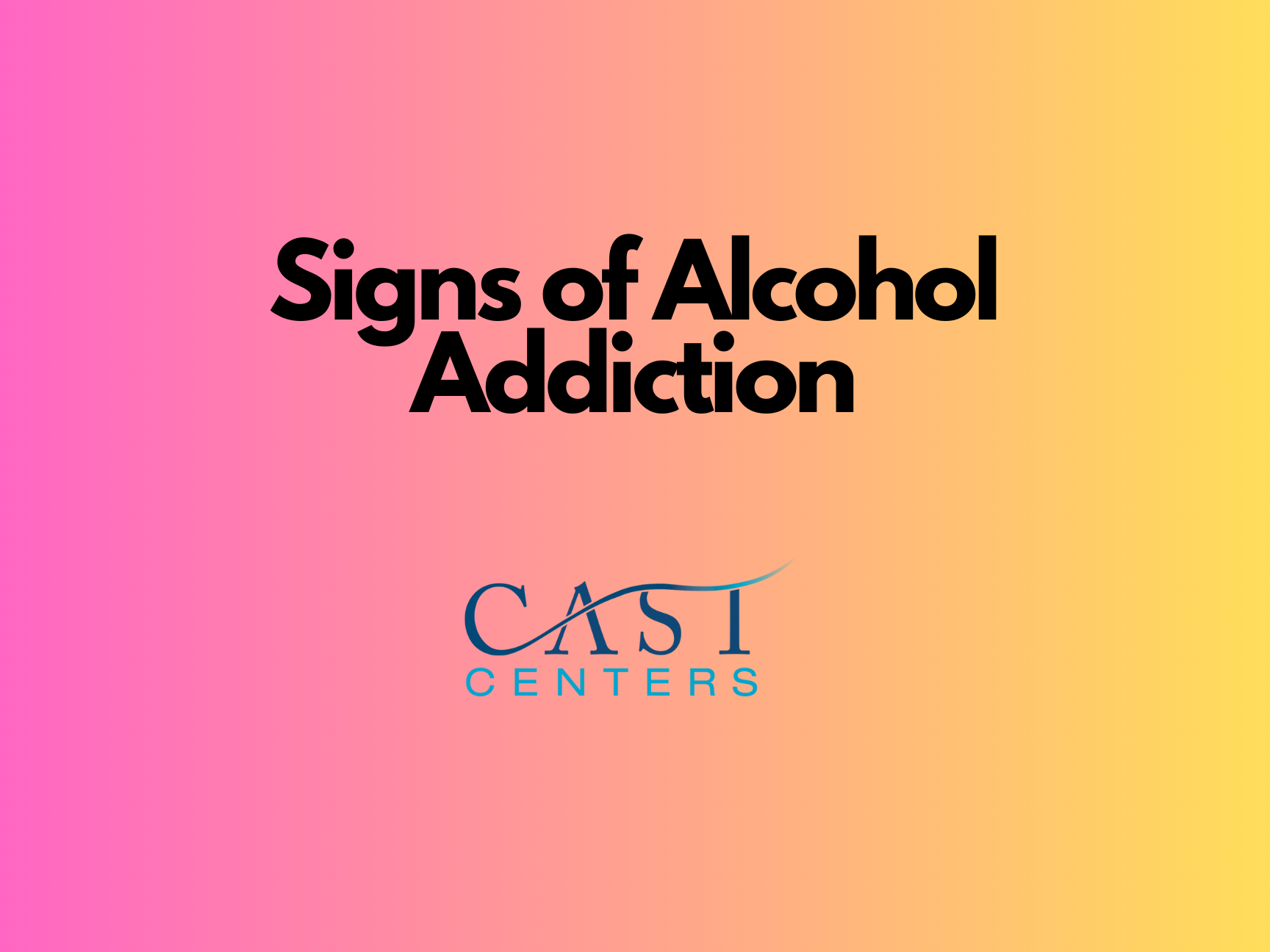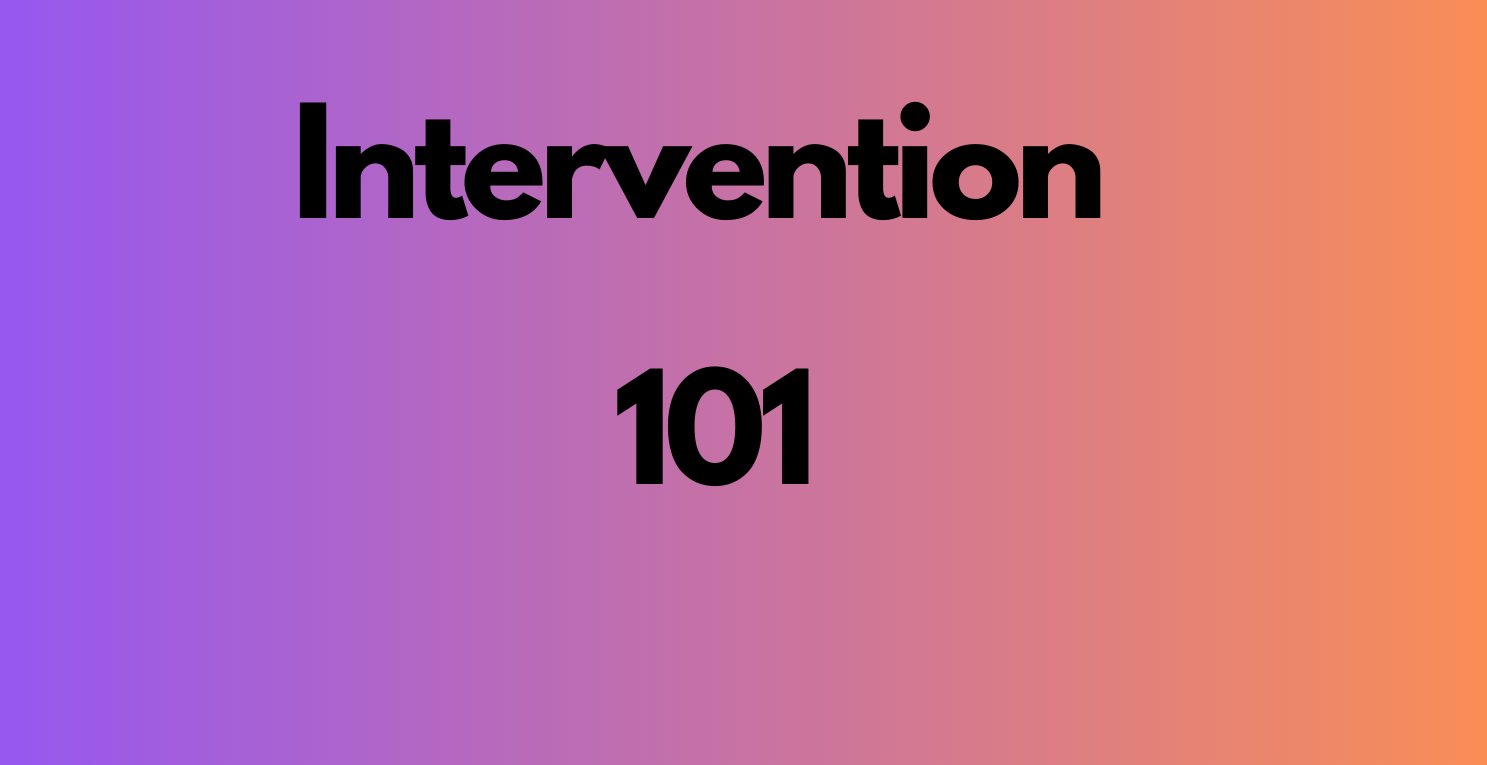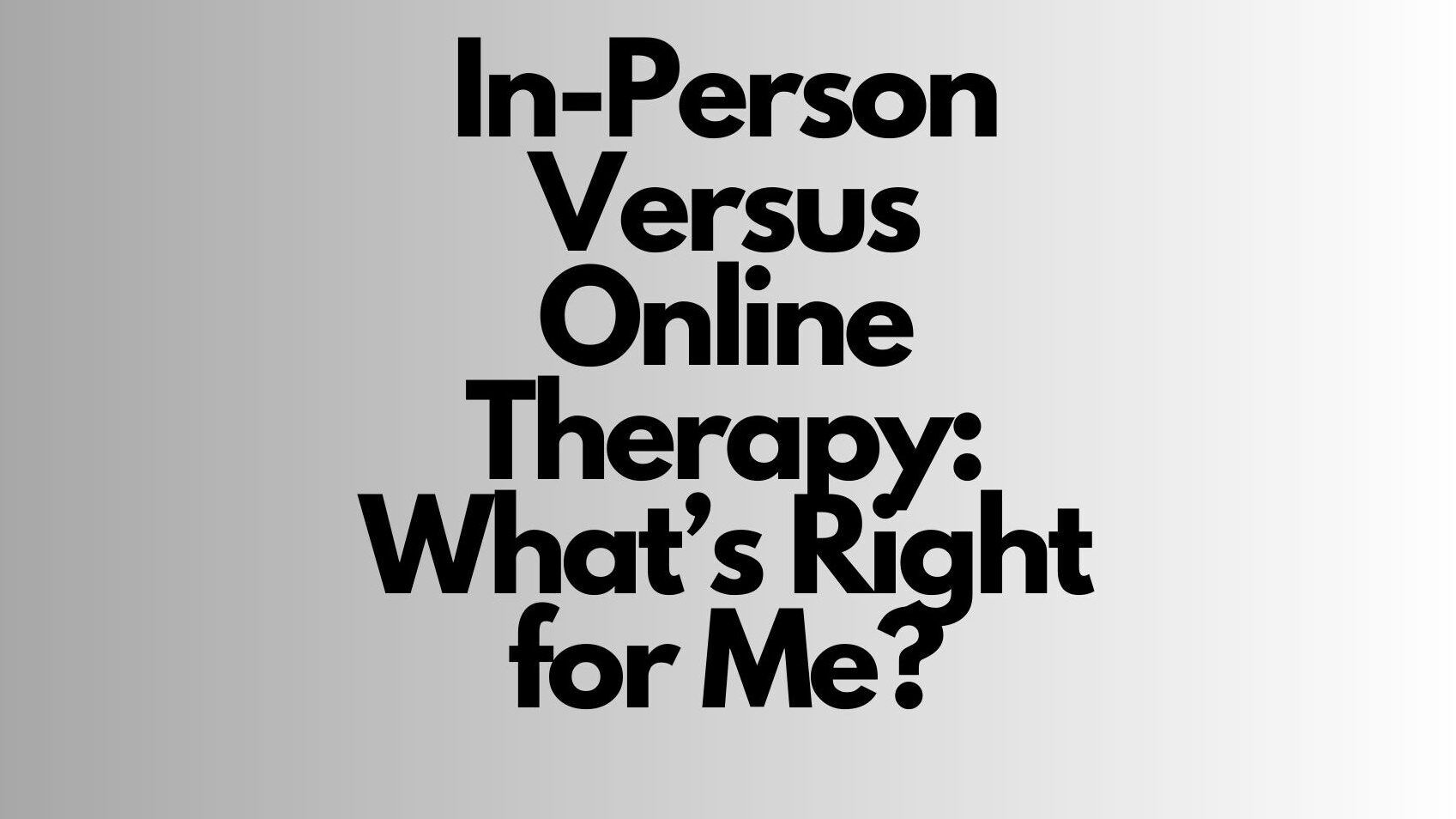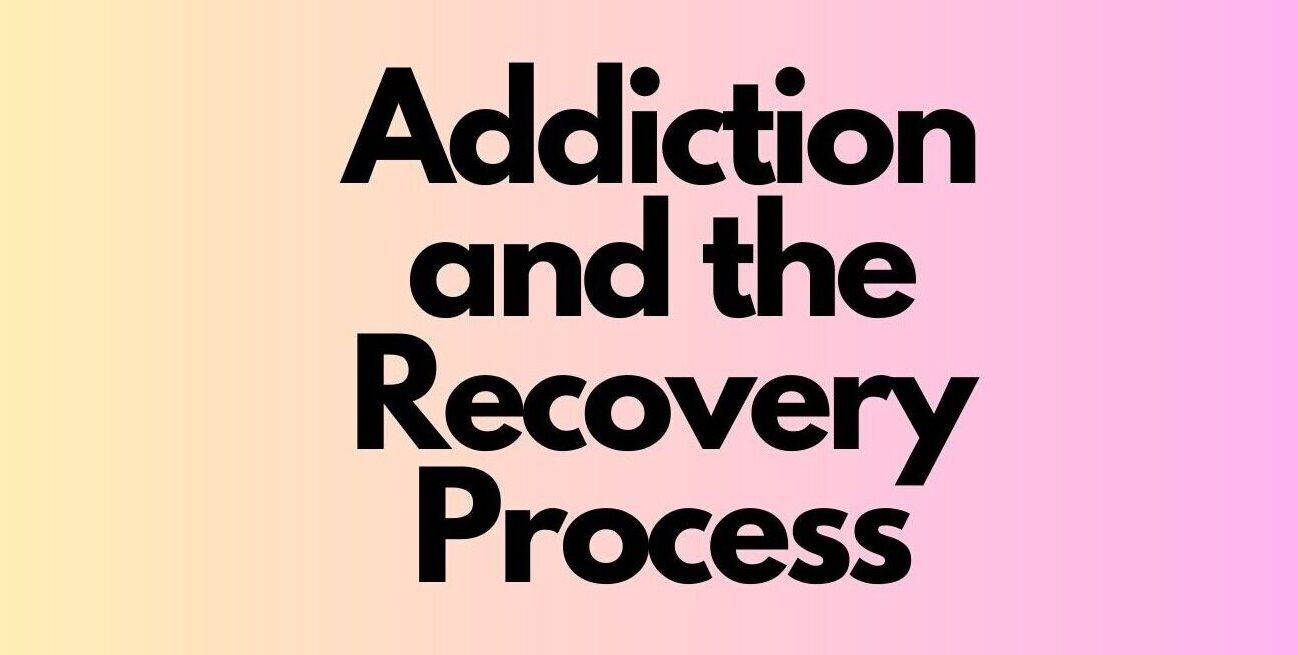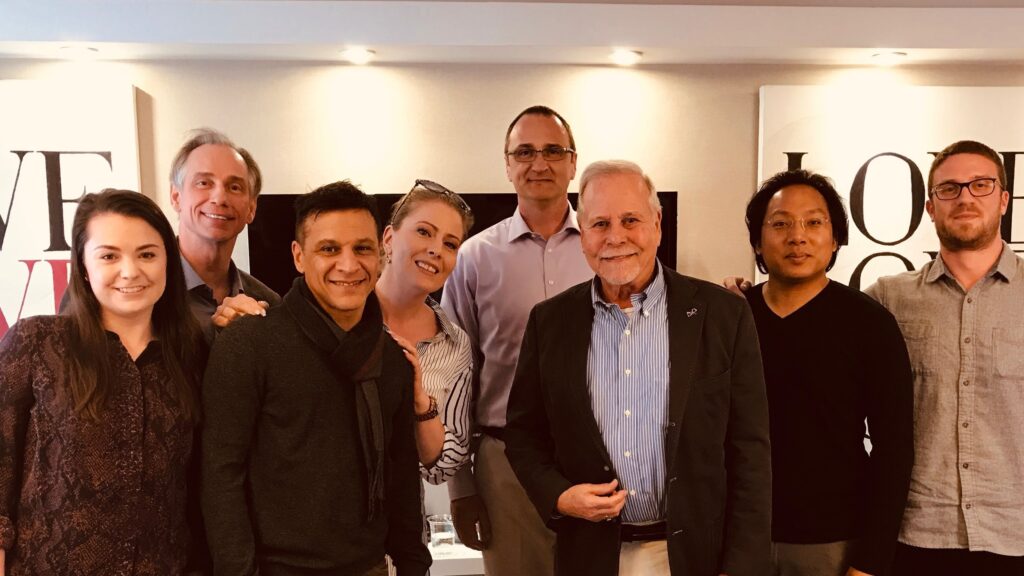Help for Dual Diagnosis
Living with a dual diagnosis, which involves both a mental health condition and a substance use disorder, can be an overwhelming experience. The two conditions often interact and fuel one another, making recovery sometimes complex. However, there is hope and help available through various treatment options. Getting help for dual diagnosis may include PHP and IOP levels of care that do not require hospitalization.
Outpatient Group Therapy
Outpatient group therapy is a crucial component of dual diagnosis treatment. It offers a supportive and structured environment where individuals can share their experiences, learn from others, and develop coping strategies. Here’s why it’s so important:
- Peer Support: Dual diagnosis can make people feel isolated and alone. Group therapy connects individuals with others who are facing similar challenges, fostering a sense of belonging and understanding.
- Skill Development: Therapy groups often focus on teaching practical coping skills, such as stress management, communication, and relapse prevention. These skills are essential for managing both mental health and substance use issues.
- Accountability: Attending regular group sessions creates a sense of accountability. Knowing that others are relying on you can motivate you to stay committed to your recovery journey.
- Feedback and Validation: Group therapy provides a safe space to share your thoughts and feelings. Receiving feedback and validation from peers and therapists can boost self-esteem and confidence.
Partial Hospitalization Program (PHP)
A PHP is an intermediate level of care that offers intensive treatment during the day, while allowing patients to return home in the evenings. It is particularly beneficial for those with dual diagnosis because it provides a high level of support and structure. Here’s why PHP can make a difference:
- Comprehensive Care: PHPs offer a holistic approach to treatment, addressing both mental health and substance use simultaneously. Patients receive therapy, medication management, and other necessary services in one program.
- Structured Routine: Having a daily schedule that includes therapy, group sessions, and activities can help individuals establish a stable routine, reducing the chaos often associated with dual diagnosis.
- Immediate Access to Support: In a PHP, individuals have quick access to professional support when they need it. This can be crucial during moments of crisis or temptation.
- Transition to Independence: PHPs gradually transition patients back into their daily lives, empowering them to apply the skills they’ve learned in a real-world context.
Intensive Outpatient Program (IOP)
IOPs offer a flexible treatment option that provides the necessary support and structure while allowing individuals to maintain their daily responsibilities such as work, school, or family commitments. Here’s why IOP is an essential part of dual diagnosis treatment:
- Flexibility: IOPs offer sessions in the evenings or on weekends, accommodating individuals with busy schedules. This flexibility ensures that treatment can be integrated into daily life.
- Ongoing Support: Even after completing a PHP, individuals may still require ongoing support and structure. IOPs provide this continuity of care, helping individuals maintain their progress.
- Relapse Prevention: IOPs often include relapse prevention strategies, helping individuals identify triggers and develop strategies to avoid substance use and manage their mental health.
- Community Integration: IOPs encourage individuals to reintegrate into their communities while receiving support. This promotes a sense of normalcy and helps individuals build a sober social network.
Getting help for dual diagnosis is a courageous and important step towards recovery. Outpatient group therapy, Partial Hospitalization Programs (PHP), and Intensive Outpatient Programs (IOP) offer invaluable support and structure, addressing both mental health and substance use issues simultaneously. Remember, recovery is a journey, and seeking help through these programs can lead to a healthier, more fulfilling life. You don’t have to face dual diagnosis alone; help and hope are always within reach.


